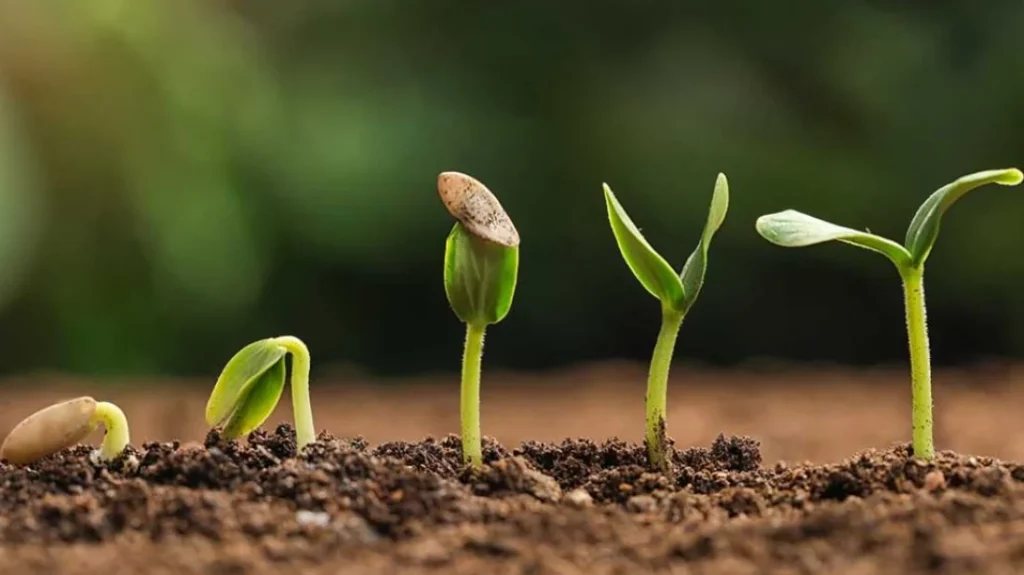It will help reduce import dependency, increase supply of quality seeds locally

Bangladesh’s seed sector has come a long way in developing domestic production capacity, but still there remains a big gap currently being met either by imported seeds or informally traded low quality seeds.
For instance, the public and private sectors combined could meet only half of the country’s 4500 tons of annual vegetable seed need. Bangladesh stands seventh in terms of potato yield in the world, but the government and the private seed companies currently meet only 20% of the country’s yearly seed requirements for this widely consumed tuber crop.
Bangladesh’s flower seed system is in its infancy, primarily relying on informal channels as the primary source of imported seed, with 50% originating from its neighbor, India.
Thanks to a new Dutch-led initiative, Bangladesh’s seed sector is going to get a shot in the arm, thereby boosting farm output through the production of more quality seeds at home.
The Netherlands is the market leader in global seed trade. Around 40% of the world trade in vegetable seeds, and 55% of seed potatoes are from the Netherlands.
Officials concerned announced at a city event yesterday that the Netherlands and Bangladesh are now at the final stage of developing a seed sector partnership mechanism, which essentially would help the country’s private seed companies acquire new technologies and knowhow and benefit from the rich Dutch treasure of pure seed germplasm.
SeedNL is a Dutch seed sector initiative with 140 million euros worth of government investment, and it has just completed a scoping mission in Bangladesh, rating the country as one of the world’s top 10 nations where the potential of providing quality seeds to smallholder farmers is the highest.
Speaking at a workshop on strengthening the seed sector at the Bangladesh Agricultural Research Council auditorium yesterday, SeedNL Director Willem Schoustra said the SeedNL Partnership enables powerful collaboration between relevant Dutch organizations and international partners.
To foster a Bangladesh-Netherlands Seed Partnership, a seed sector scoping mission has been undertaken, and a Bangladeshi seed trade mission was organized to the Netherlands. The Netherlands-Bangladesh Seed Scoping Mission Team Leader, Dr Abishkar Subedi, highlighted the potential of the seed sector in Bangladesh.
He said Bangladesh’s floriculture industry is dynamic and fast-growing, where 28,999 farmers are involved with flowers being produced in over 6,000 hectares of land. “The present market size of the flower sector is estimated to be close to $179 million annually and expanding at a rate of 10-15%.”
The Netherlands ambassador to Bangladesh, Andre Carstens, attached the highest importance to seed quality and said the better the seed, the better the food on the table.
Agriculture Secretary Dr Mohammad Emdad Ullah Mian, Executive Chairnman of the Bangladesh Agricultural Research Council Dr Nazmun Nahar Karim, Bangladesh Seed Association President M Anis Ud Dowla and general secretary Dr Md Ali Afzal, the Netherlands Embassy First Secretary Sara van Hoeve, Lal Teer Seed Limited Director Tajwar M Awal also spoke at the workshop held under the aegis of Bangladesh Seed Association. The association’s adviser and a former agriculture secretary, Anwar Faruque, conducted the session.
The seed sector partnership would explore the potential areas of work, including, among others, the implementation of a plant variety protection system, developing Bangladesh’s digital seed portal, strengthening the seed association, supporting private sector-led seed extension, and improving cultivation practices.